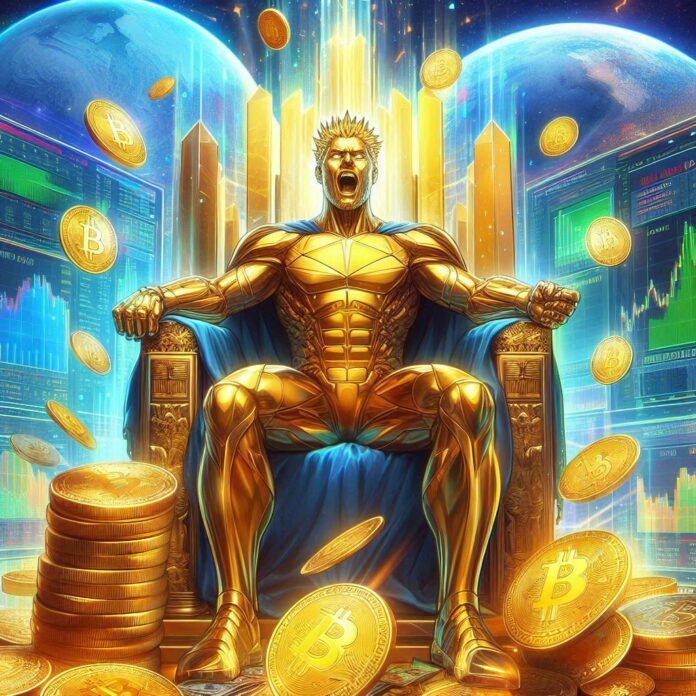
During the Paris Blockchain Week 2025, Blockstream CEO Adam Back made it clear: Bitcoin (BTC) is becoming increasingly realistic as a hedge against inflation. According to Back, one of the pioneers of the crypto world, the digital currency is on the cusp of a decade in which it could pose serious competition to gold as a hedge against inflation and geopolitical uncertainty.
BTC as a Weapon Against Inflation
Back points to the structurally increasing inflation worldwide. Major currencies such as the US dollar and the euro have gained more than 50% in money supply over the past five years. “All this additional money ultimately flows into real assets, especially physical assets such as real estate,” Back said. This creates an environment in which an alternative store of value such as Bitcoin is becoming increasingly important.
Bitcoin, like gold, has a scarcity nature, but differs in its digital nature. In theory, therefore, BTC is a better version of its physical counterpart. Despite a significant 30% correction from its all-time high (ATH) of nearly $109,000, confidence in Bitcoin as a stable investment continues to grow. Back predicts that inflation will likely be between 10 and 15% over the next ten years – returns that are barely achievable with traditional investments such as stocks or real estate.
Getting ahead of governments
The acceptance of the digital currency is receiving additional momentum, particularly in the United States. Thanks to the approval of Bitcoin spot ETFs last year and crypto-friendly policies under President Donald Trump, institutional confidence is growing. But with all the import tariffs imposed by Trump, it’s easy to forget that he recently signed an executive order making the creation of a national Bitcoin reserve a reality. This is a significant development that could catapult BTC into a new phase of adoption – even if this is barely reflected in the current Bitcoin price due to the ongoing trade war.
According to Back, it would be desirable for private investors to get in earlier than governments. He explained: “Once governments start buying, a global FOMO is likely to develop among other countries.”
[newsletter_form lists="1"]










